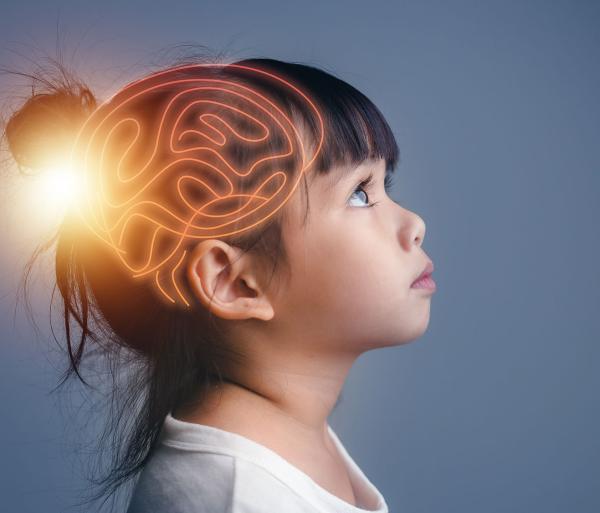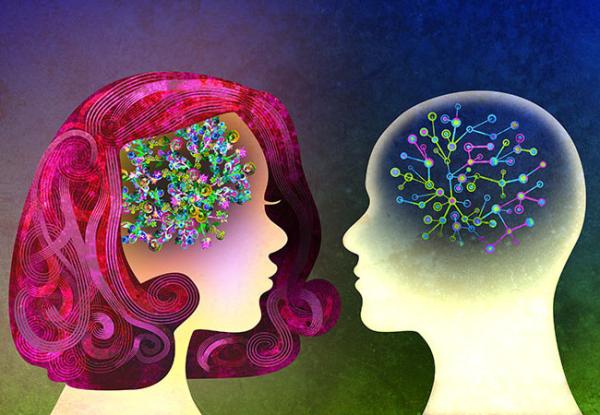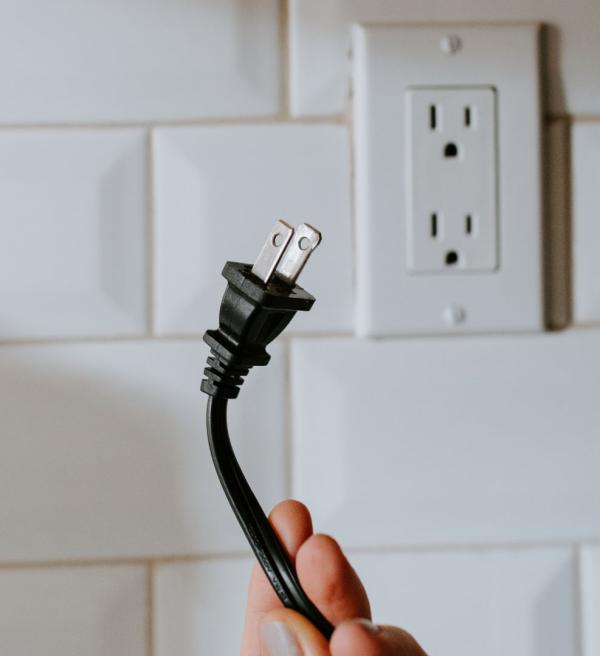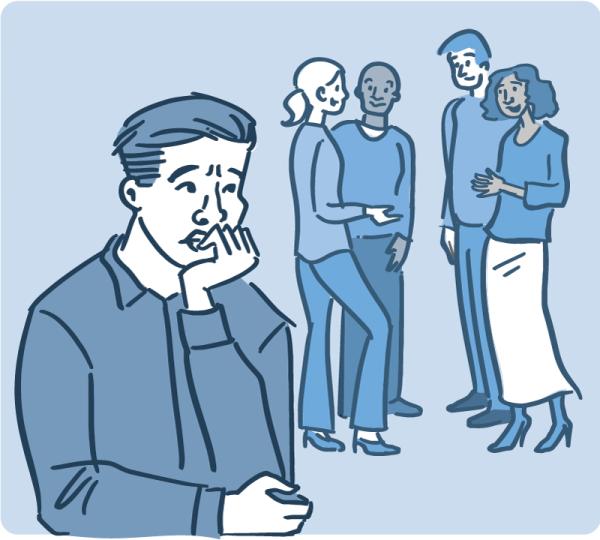Calming Kids’ Runaway Emotions
Brain Research Helps Understand and Treat Childhood Anxiety
It’s perfectly normal for young children to throw tantrums or be nervous on their first day of school, and for adolescents to be anxious about what their peers think of them. However, for some children and teens, negative emotions can escalate to unhealthy levels, resulting in significant distress and impairing their quality of life.
IRP senior investigator Daniel Pine, M.D., is on a mission to understand how that happens and figure out ways to help those kids. In honor of Mental Health Month, we talked with Dr. Pine about how his research is revolutionizing the field of pediatric psychiatry and paving the way for new, non-pharmaceutical treatments.









